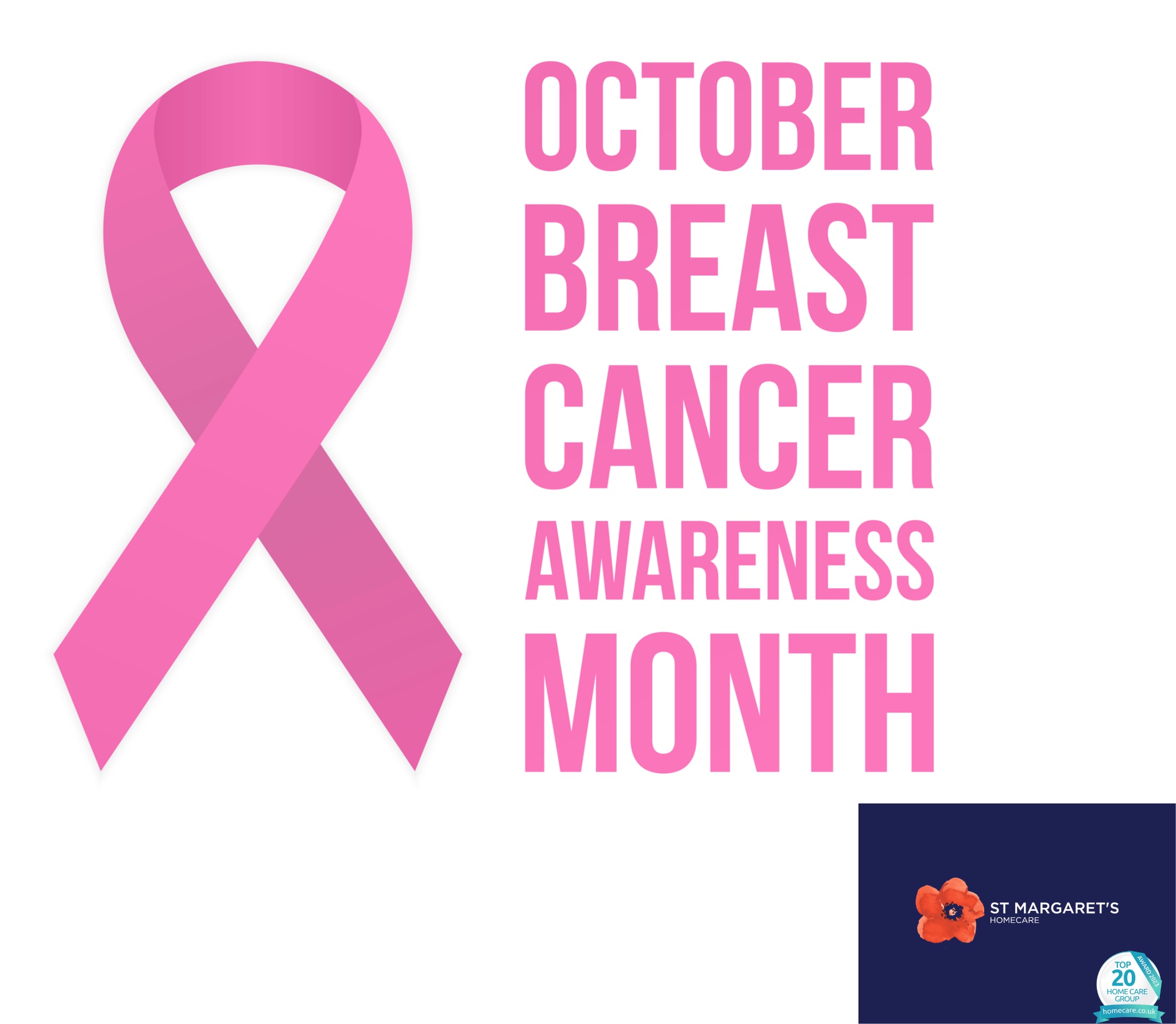
Posted in: Blogs
Living with breast cancer can be a physically challenging and emotionally overwhelming experience. However, with proper home care and support, you can navigate through this journey with resilience and hope.
One of our own, Wendy Kneller, faced this traumatic battle several years ago. We sat down with Wendy to discuss what she feels are the most effective strategies and tips for dealing with such a daunting diagnosis.

“You will never be the same after this journey. However, it will make you stronger and make you truly appreciate the important things in life.”
Wendy listed her advice on how navigate the journey.
It is crucial to consult with healthcare professionals who specialise in breast cancer. They will provide accurate information, guide you through treatment options, and monitor your progress. Regular check-ups and screenings are essential for early detection and effective management.
“Don’t be afraid to ask as many questions as you feel necessary. Whatever it takes to help put your mind at rest and to be assured you are in the best hands.”
Surround yourself with a strong support system of family, friends, and support groups. Their emotional support and encouragement can make a significant difference in your well-being. Additionally, consider joining online communities or forums where you can connect with others going through similar experiences.
“There is no better way to deal with something as traumatic as this than sharing your thoughts, feeling and experiences with people in the same situation as yourself.”
A balanced diet and regular exercise are vital for overall health and well-being. Focus on consuming nutrient-rich foods such as fruits, vegetables, whole grains, and lean proteins. Engage in physical activities that suit your abilities and preferences, such as walking, yoga, or swimming.
“Listen to your body. If you are tired it is important to rest and let your body recover.”
Breast cancer treatments often come with side effects such as fatigue, nausea, and hair loss. Communicate openly with your healthcare team about any discomfort you experience. They can provide medications or suggest alternative therapies to alleviate these side effects.
Prioritise self-care activities that promote relaxation and reduce stress. Engage in activities such as meditation, deep breathing exercises, or journaling. Find hobbies or activities that bring you joy and help you maintain a positive mindset.
Knowledge is power. Educate yourself about breast cancer, its treatment options, and potential side effects. Stay informed about the latest research and advancements in breast cancer care. This will empower you to make informed decisions and actively participate in your treatment plan.
Consider seeking home care assistance to ensure a comfortable and supportive environment. Home care providers can assist with daily activities, medication management, and emotional support. They can also help with household chores, allowing you to focus on your recovery.
Breast cancer can take a toll on your emotional well-being. Seek professional counselling or therapy to address any anxiety, depression, or emotional distress you may experience. Engaging in support groups or talking to others who have gone through similar experiences can also provide emotional support.
Maintaining a positive outlook can significantly impact your overall well-being. Surround yourself with positive influences, practice gratitude, and celebrate small victories along your journey. Remember that breast cancer is treatable, and many individuals have successfully overcome it.
After completing treatment, it is crucial to continue regular follow-ups with your healthcare team. These appointments will monitor your progress, detect any potential recurrence, and provide ongoing support and guidance.
Remember, you are not alone in this journey, and there is hope for a brighter future.
